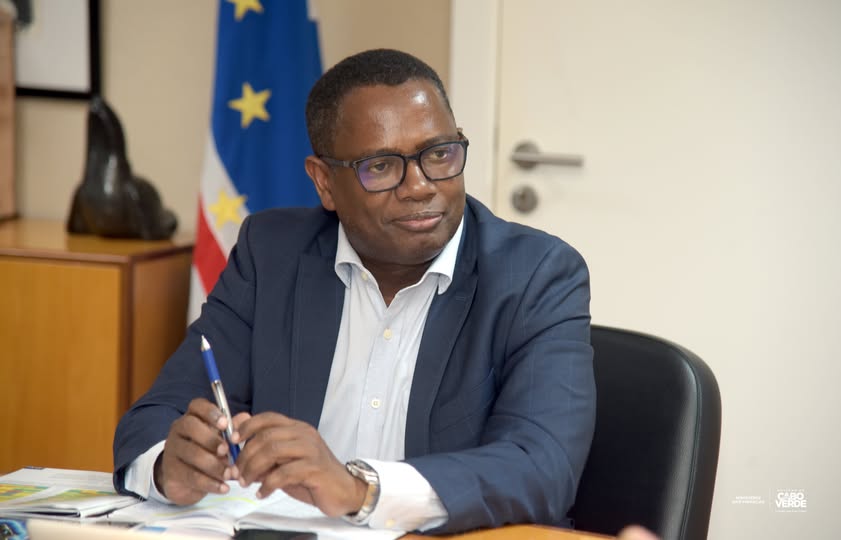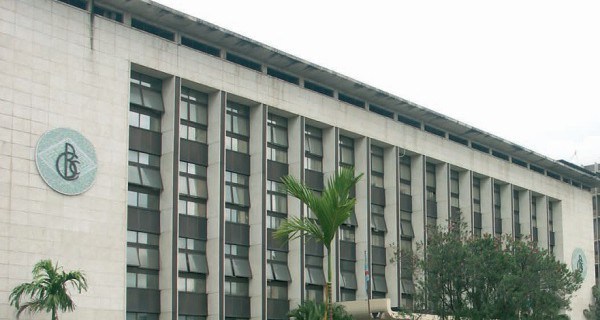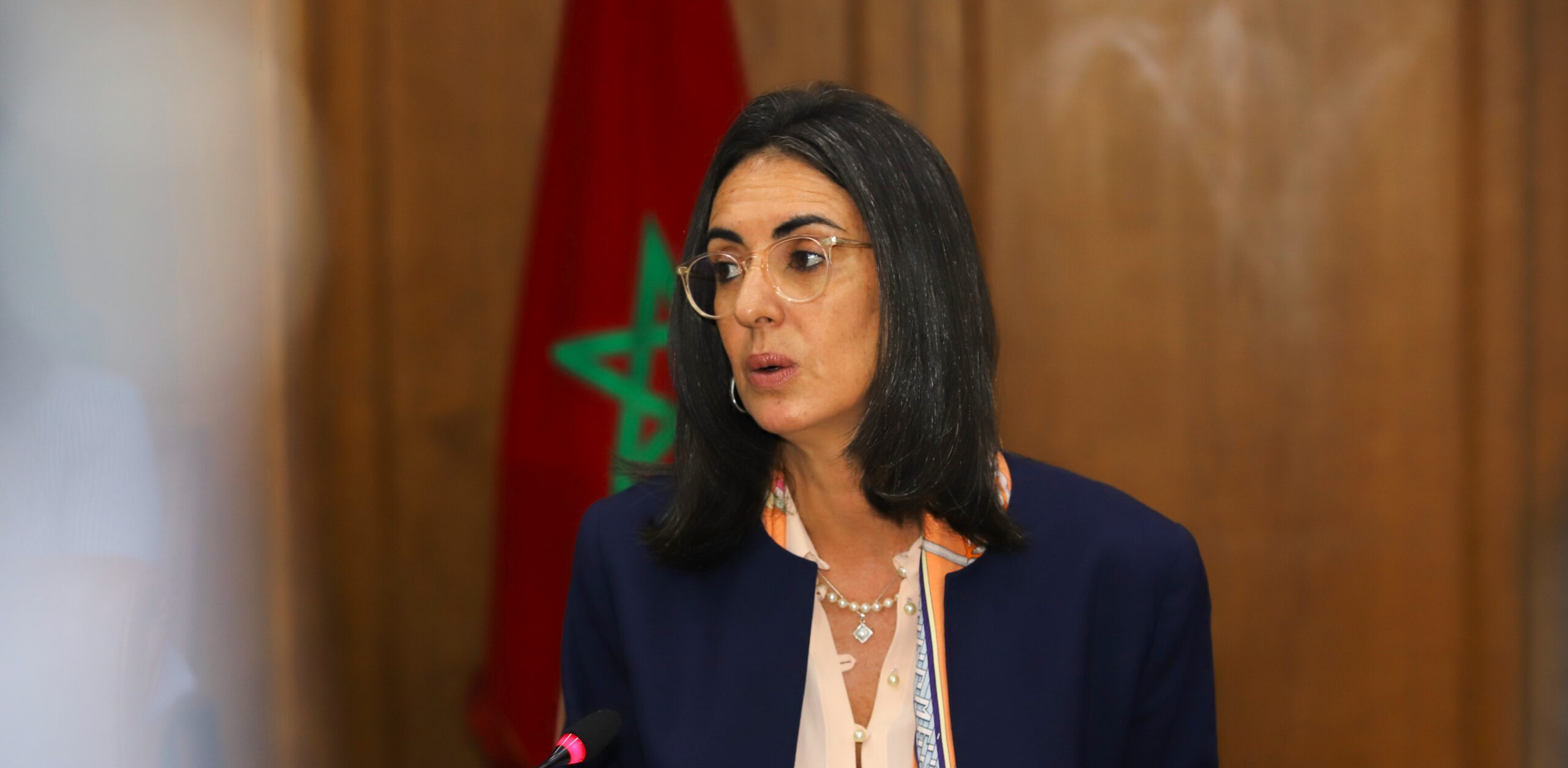Cape Verde Bets on Innovation Capital to Redefine Small-State Growth
Cape Verde’s €24m Fundo Morabeza, backed by AfDB (XBRU: AFDB) and tied to BVC (BVC: BVCI), equals ≈ 1 % of GDP. With inflation ≈ 2.3 % and debt ≈ 55 % of GDP, Praia is betting on equity, not aid, to fuel fintech and clean-energy startups across the archipelago.

When a country of just over half a million people launches a €24 million (≈ USD 25.6 million) innovation fund, global investors take notice. Cabo Verde’s newly unveiled Fundo Morabeza aims to do more than finance startups — it is a structural bet on how small island economies can transform capital scarcity into digital competitiveness. Backed by the African Development Bank (XBRU: AFDB), the fund signals a shift in how development finance is evolving: from aid to equity, from physical infrastructure to human capital.
At face value, the numbers seem modest. Cabo Verde’s GDP hovers around USD 2.4 billion, making this fund equivalent to roughly 1 percent of national output. Yet measured against the country’s annual budget for entrepreneurship and innovation — about EUR 5 million — it is nearly five times larger. For a small economy that spends more on transport links than on digital transformation, the Morabeza Fund is an attempt to rebalance national priorities toward scalable, exportable intellectual assets.
The government’s ambition is precise. Managed in partnership with the AfDB, the fund will target early-stage firms in fintech, tourism technology, clean energy, and agritech, combining seed equity with technical assistance. It will also extend to diaspora entrepreneurs and digital-nomad ventures seeking residency under the country’s Remote Work Program, which has attracted over 3,000 applicants since 2023. That intersection — between foreign know-how, local talent, and concessional capital — is what policymakers believe can break Cabo Verde’s historical dependence on tourism and remittances, which together account for nearly 42 percent of GDP.
The macro rationale is clear. Cabo Verde’s economy is stable but narrow. The escudo (EUR/CVE: CVE=) is pegged to the euro at 110.265, ensuring exchange-rate predictability but constraining monetary flexibility. Inflation sits near 2.3 percent, public debt around 55 percent of GDP, and the policy rate (BCVIR) remains a low 2.5 percent — favorable for credit expansion but insufficient to spur innovation without catalytic funding. In such a context, the Fundo Morabeza is not a venture-capital play; it’s a fiscal-industrial instrument designed to crowd in risk-averse capital.
Globally, the fund positions Cabo Verde alongside an emerging class of small-state innovation financiers. Mauritius’s National SME Equity Fund totals USD 100 million; Rwanda’s Innovation Fund raised USD 60 million; Ghana’s Tech Growth Fund manages roughly USD 25 million. By continental standards, Cabo Verde’s €24 million launch is competitive, and its leverage through AfDB guarantees could expand available financing to as much as EUR 60 million once co-investment is mobilized. That puts the archipelago’s initiative in the same conversation as larger mainland peers — a symbolic win for a nation often viewed as geographically peripheral but fiscally disciplined.
For the African Development Bank, Fundo Morabeza is also a test of its Youth Entrepreneurship and Innovation Multi-Donor Trust Fund, which aims to deploy USD 400 million across 15 countries by 2026. The AfDB’s involvement provides credit enhancement, while the government contributes first-loss capital, de-risking private participation. The design mirrors blended-finance principles popularized by institutions like the World Bank Group (NYSE: WBG) and the European Investment Bank (EIB: EIBG) — but on a micro-sovereign scale.
The governance model will determine success. Cabo Verde’s state-owned ProEmpresa and the Direção Geral de Inovação will jointly oversee fund operations, with private fund managers expected to be appointed by mid-2026. Analysts warn that the biggest risk is deployment, not funding: finding startups with investment-grade governance and scaling capacity in a 560,000-person economy is difficult. Venture pipelines remain thin — fewer than 70 registered startups operate across all sectors, with combined annual turnover below EUR 20 million. Without strong due-diligence frameworks and post-investment monitoring, liquidity could be locked into underperforming ventures.
Still, the upside is compelling. The fund directly aligns with Agenda 2063’s digital-transformation pillar and the ECOWAS Start-Up and Innovation Strategy adopted in 2024. If 30–40 percent of the fund is disbursed effectively, Cabo Verde could create up to 2,000 direct tech jobs and raise annual ICT exports from the current USD 15 million to about USD 50 million within five years — small in absolute terms but transformative for employment and tax receipts. The long-term aim is to seed a local capital-markets culture: successful startups could later list on the BVC stock exchange (BVC: BVCI) or issue corporate bonds, giving the exchange a new asset class beyond banks and utilities.
For investors tracking frontier-market innovation themes, Fundo Morabeza offers an early read on whether micro-state funds can deliver macro outcomes. The risk-adjusted internal rate of return may hover near 8–10 percent, but the non-financial dividends — skills formation, technology transfer, and diaspora reintegration — could yield greater structural payoffs. The AfDB’s blended structure ensures partial downside protection, while potential co-financing from EU institutions may link Cape Verdean startups to the Euronext Growth Lisbon (PAR: ENX) pipeline, where African tech listings are quietly emerging.
Skeptics caution that timing matters. Global venture funding in Africa has declined nearly 45 percent year-to-date, and risk premiums on frontier-market assets remain high: the J.P. Morgan EM Bond ETF (NYSEARCA: EMB) still prices African sovereigns at spreads of 550–600 basis points above U.S. Treasuries (US10Y: ^TNX ≈ 4.35 percent). Unless interest rates fall and dollar liquidity improves, attracting co-investors could be slow. Yet Cabo Verde’s euro peg and fiscal transparency give it an advantage over peers with currency instability — an invisible premium that global funds value.
Ultimately, Fundo Morabeza is less about startups than about sovereignty. For a small island nation accustomed to importing ideas and exporting people, building a pipeline of investable innovation is an act of economic self-assertion. The €24 million headline may look small from Wall Street’s vantage, but for Praia, it marks the birth of a new kind of capital formation — one measured not in barrels or tourists, but in code, creativity, and confidence.





